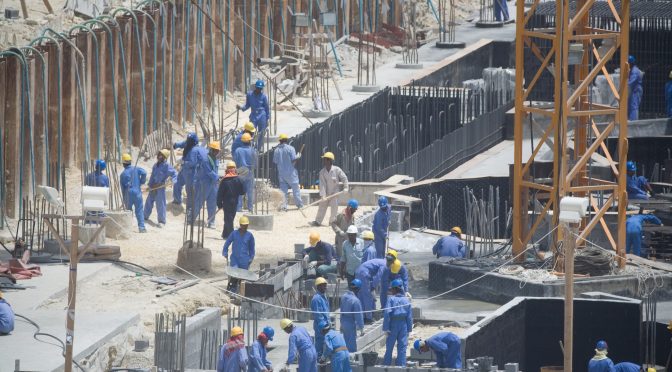
A weekly round up of articles about employment, the labour market, skills training and workforce development. This week’s round up is drawn from The Daily Star and The Financial Express. Here is the news for the week ending 28 May 2020.
This Week in the Bangladesh English News…
…blacklisting buyers? Bangladeshi garment suppliers push back. Japan may invest, and while farmers face the consequences of cyclone Amphan, offices are allowed to open after two months of COVID closures.








